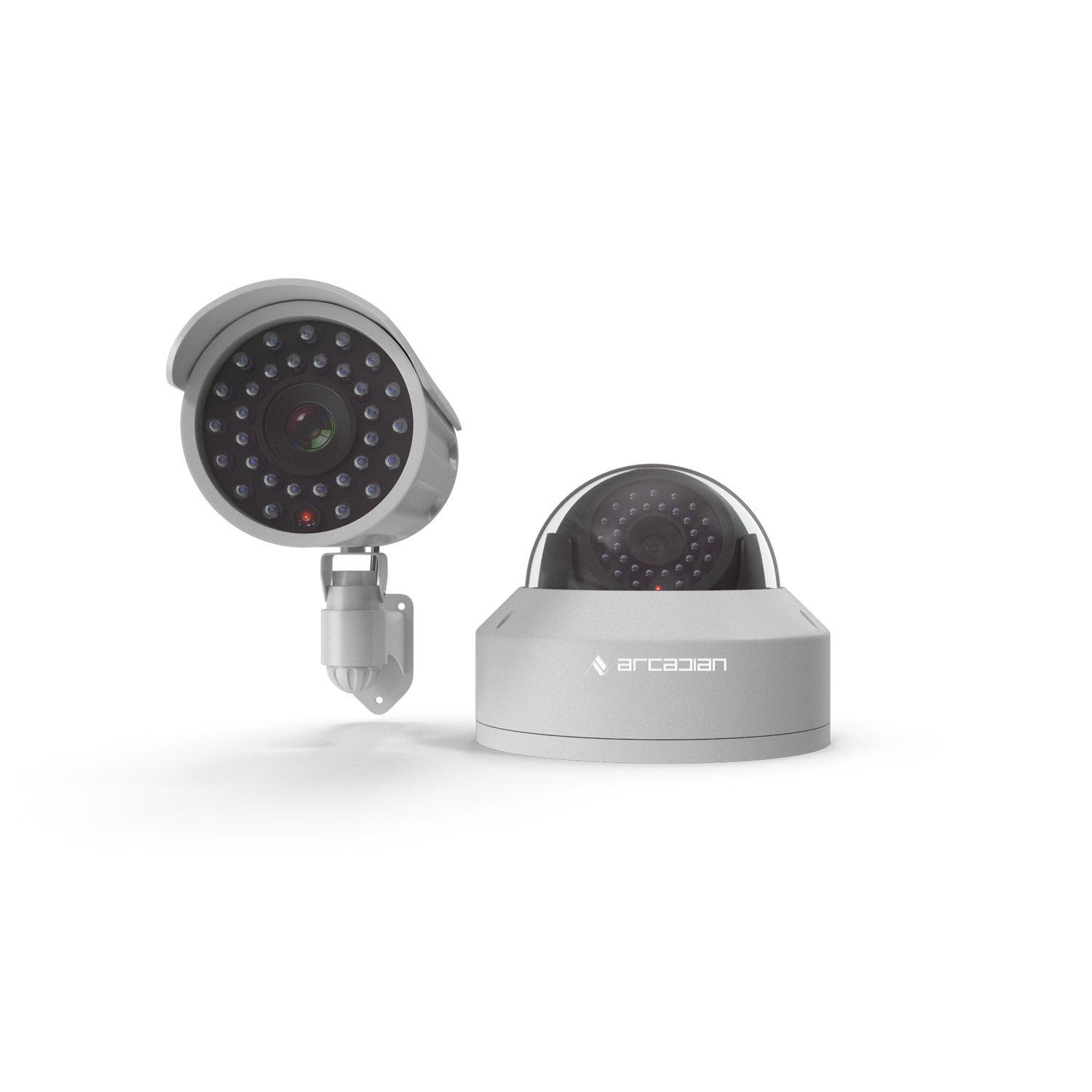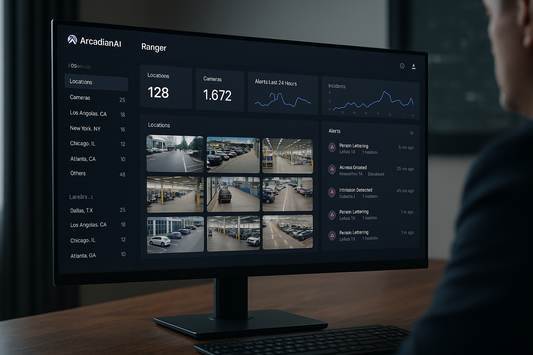Wired vs. Wireless CCTV Cameras for Business: A Comprehensive Guide
Choosing the right CCTV system is crucial for any business, as it directly impacts security and operational efficiency. When deciding between wired and wireless CCTV cameras, it's important to understand their differences and how they can meet your specific needs. Here's a breakdown of the pros and cons of each...

Choosing the right CCTV system is crucial for any business, as it directly impacts security and operational efficiency. When deciding between wired and wireless CCTV cameras, it's important to understand their differences and how they can meet your specific needs. Here's a breakdown of the pros and cons of each type to help you make an informed decision.
Wired CCTV Cameras
Pros:
- Reliability: Wired systems are known for their stable and consistent connection. They don't rely on Wi-Fi, so there's no risk of interference or signal loss.
- High-Quality Video Surveillance: These cameras often provide higher quality video footage since they don't compress the data as much as wireless systems might.
- Security: Wired connections are generally more secure from hacking attempts, as they are not susceptible to Wi-Fi-based attacks.
- Continuous Power Supply: With a direct power connection, wired cameras don't need battery replacements or recharging.
Cons:
- Installation: Installing wired cameras can be labor-intensive and costly, especially if your business premises are large or complex.
- Flexibility: Once installed, relocating wired cameras can be difficult and expensive due to the need for rewiring.
- Aesthetics: Wires can be unsightly and require additional effort to conceal.
Professional Installation by ArcadianAI: At ArcadianAI, we offer professional cabling and networking for your wired CCTV cameras, ensuring a seamless installation over a single weekend. Our team of experts ensures minimal disruption to your business operations while providing a robust and reliable surveillance system.
Wireless CCTV Cameras
Pros:
- Easy Installation: Wireless cameras are generally easier and quicker to install. They are ideal for businesses that need a rapid setup or temporary surveillance.
- Flexibility: These cameras can be easily repositioned as needed without the hassle of dealing with wires.
- Scalability: Adding new cameras to a wireless system is typically simpler and less expensive compared to a wired system.
- Aesthetics: Wireless cameras offer a cleaner look without visible wires.
Cons:
- Connectivity Issues: Wireless cameras rely on Wi-Fi, which can be prone to interference, signal loss, and bandwidth limitations.
- Power Supply: Most wireless cameras require batteries, which need regular replacement or recharging, posing a potential maintenance issue.
- Security Risks: Wireless systems can be more vulnerable to hacking if not properly secured with strong passwords and encryption.
- Quality: Wireless cameras might offer lower video quality due to data compression needed for wireless transmission.
Making the Right Choice for Your Business
The decision between wired and wireless CCTV cameras largely depends on your business's specific needs and infrastructure. If you prioritize reliability, high-quality video surveillance, and have the budget for professional installation, wired cameras are a solid choice. On the other hand, if you need flexibility, easy installation, and plan to scale your system in the future, wireless cameras might be more suitable.
Consider factors like the size of your business premises, the quality of your Wi-Fi network, and your security requirements. Consulting with a professional security service provider can also help you assess your options and choose the system that best fits your business needs. Book a 1:1 free consultation with us, and we'll do a comprehensive site assessment—all on us.

Security is like insurance—until you need it, you don’t think about it.
But when something goes wrong? Break-ins, theft, liability claims—suddenly, it’s all you think about.
ArcadianAI upgrades your security to the AI era—no new hardware, no sky-high costs, just smart protection that works.
→ Stop security incidents before they happen
→ Cut security costs without cutting corners
→ Run your business without the worry
Because the best security isn’t reactive—it’s proactive.







